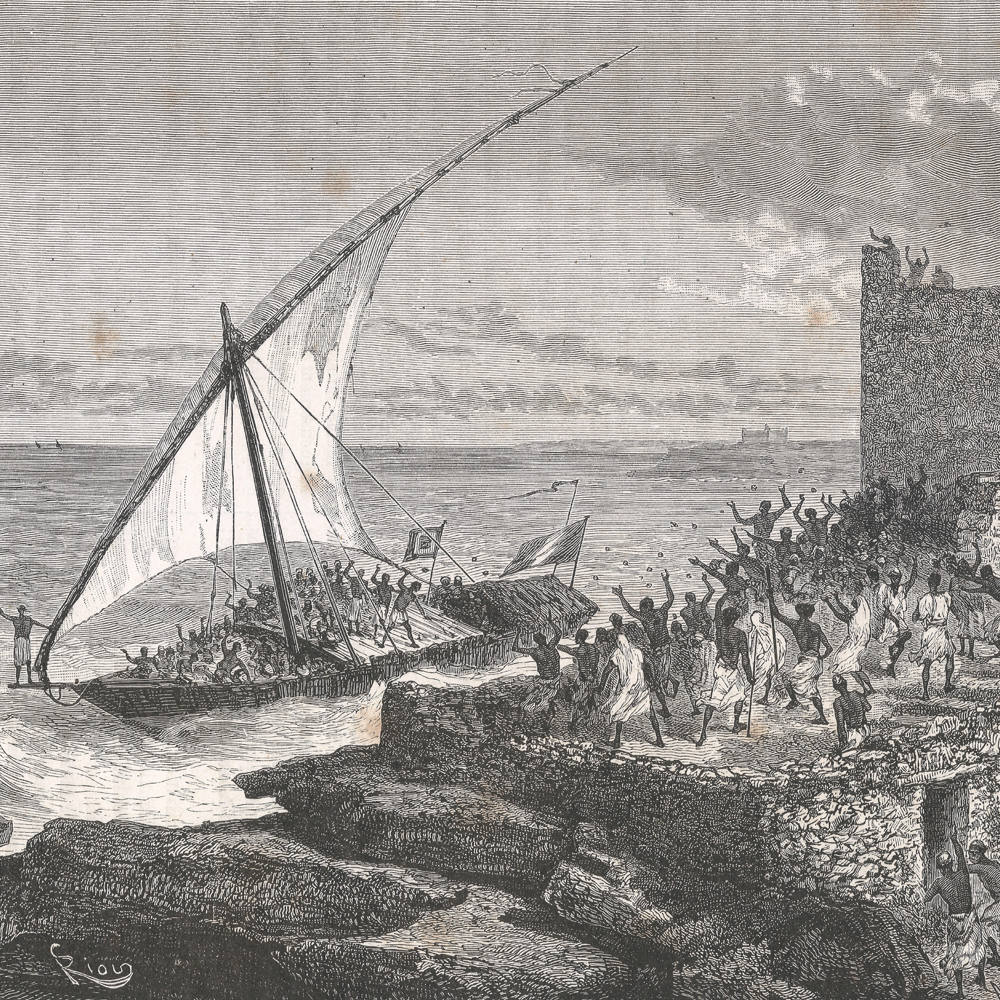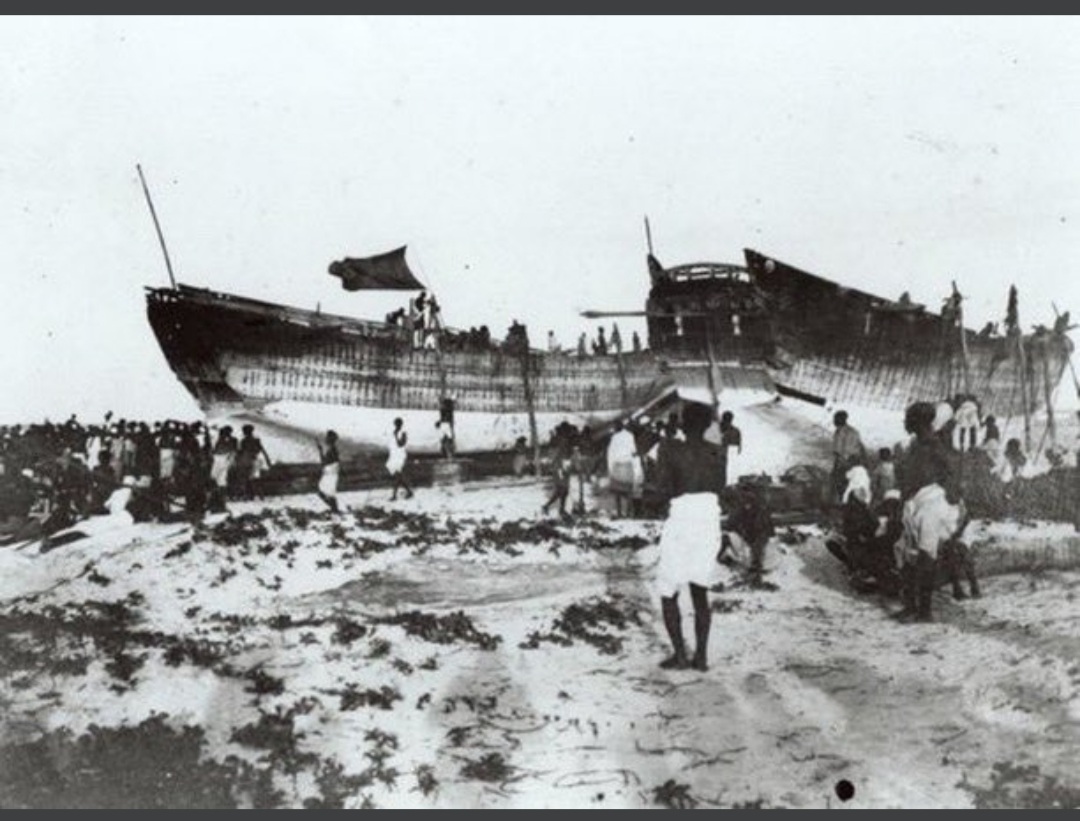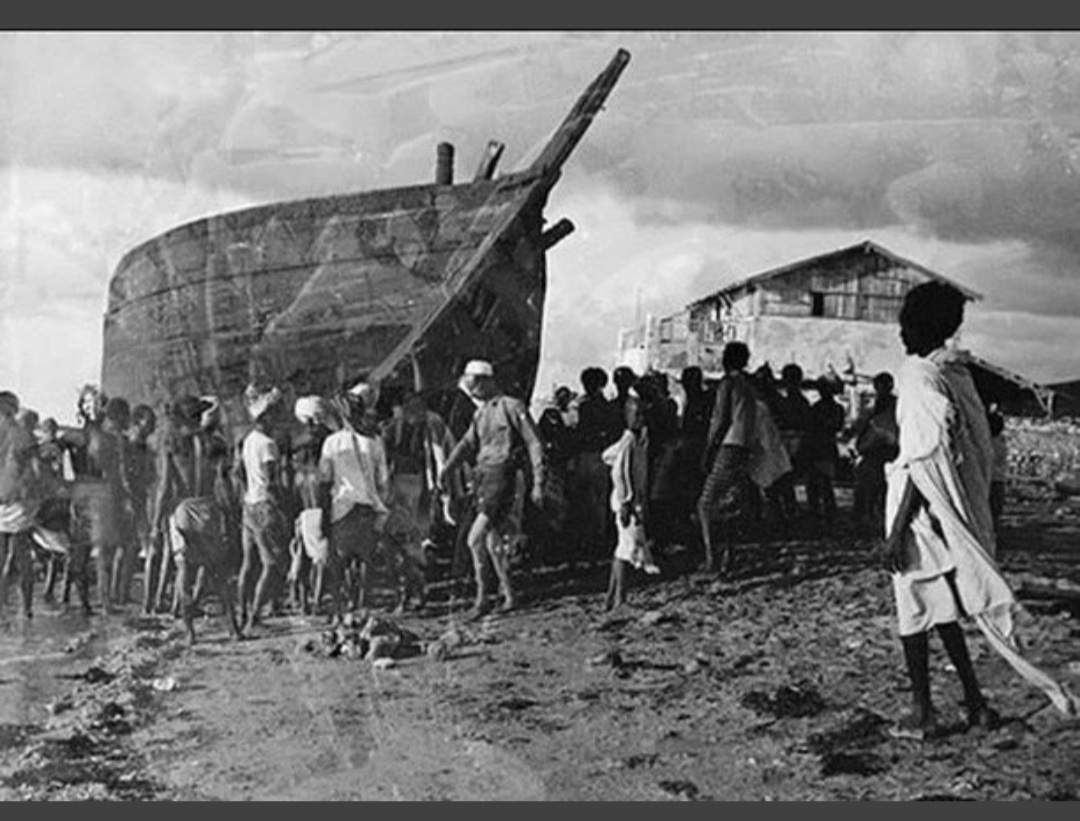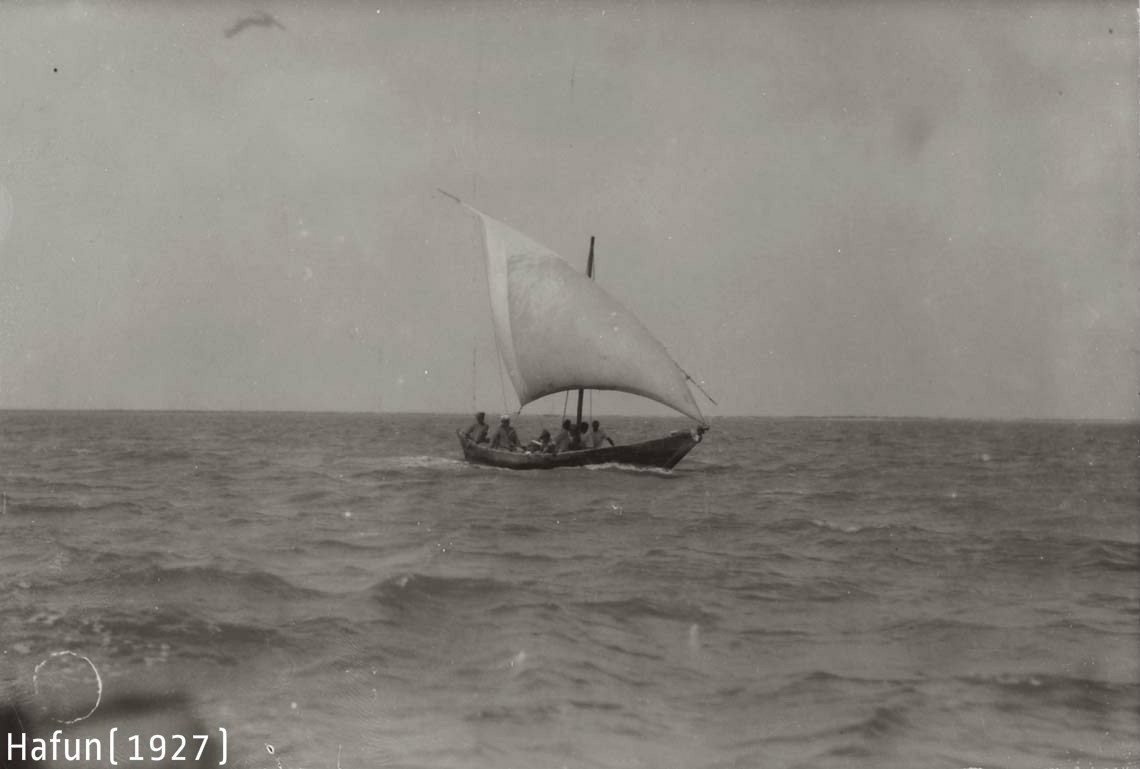I don't really buy that most of the reer miyi were illiterate. This not even true of the last 200 years. They were
functionally illiterate in that they could not read and write in a language they actually understood but it seems like, as you can see with some of the examples I shared in this thread's opening post, it was fairly common as it is today for young children to be taught how to read and write the Qur'an
by travelling Wadaads using those wooden boards and this practice seemed already mature, common and well-established by the 19th century, alluding to it being quite old but who knows. This is common across the Muslim world, by the way. A lot of rural Muslims across the Sahara and Nile Valley, for example, were actually "literate" and were similarly taught to read the Qur'an.
Anyway, I dunno, walaal. Whether or not it was super popular is kind of irrelevant? We're arguing about whether or not we historically used the script to write in Somali. We have a clear established history of it being used in the last 200 years and seeming developed and mature by that point then people locally claim this has been going on for generations, we already know Arabic itself has been used for a millennia and have many accounts to corroborate this, and the guy they attribute Far Wadaad to turns out to be real and a proven real by sources completely outside the Horn itself. I have no reason to assume they were lying especially since it all makes sense and lines up. Why do you insist on thinking they did? And for the record, Hararis only really began transcribing their language in the Arabic script, if we are to be religious about accounts and how far the corpus goes back, around the early modern era barely a century before when you insist Somalis did. There's no account that their language or ethnic group even existed before around the 17th century. They are not even mentioned once as a people in the
Futux al-Xabasha (16th century) are not seemingly the
Ha
rla who appear to be a totally distinct group who are not from Harar.
All that aside, I hate to personalize discussions like this but it feels like you have a general pattern of diminishing your own folk, walaal. I've seen
an old thread of yours where you were implying Somalis were never seafarers and outside tradesmen until you were presented with pictorial and written evidence to the contrary. Some simple googling should have shown you as much that Somalis traded across the Indian Ocean quite regularly and were definitely seafarers:
Not to mention accounts from medieval Arabs and classical Greeks describing extensive trade with outside groups and the exact same kinds of
sewn Indian ocean boats that we, Arabs, Indians and Swahili coast folk have used for at least 2,000 years. Without these accounts I guess you'd start claiming Somalis only started fishing, seafaring and venturing to foreign ports during the 17th-18th centuries? This is not how historical study and inquiry is conducted, walaal. Everything isn't about written accounts. Some amount of logic, archaeological evidence, comparative linguistics and several other avenues are considered along with historical texts to form the big picture. Even oral traditions, believe it or not, are
not useless but in fact often highly indispensable. To be honest, you'd be shocked how intense even something like oral traditions can be. You have Aborigines seeming to account events that occurred thousands of years ago in their myths:

www.science.org
Somali and Arab oral traditions are even more legit given that these are societies who arguably even more highly value preserving oral traditions and not corrupting them. If you're going to try and debunk this with the qabiil origin myths; those were most likely intentionally told the way they were told to make Somalis closer to Islam but even those people couldn't help but weave in highly illuminating historical insights
like Waaqist story elements and give away our pre-Islamic faith to some extent.
A lot of young suugo scientists who don't know how historical study works come in with this "Chinese whispers" nonsense and think that means all oral traditions are useless. Very silly stuff. You'd be surprised how much Somali history in Koonfur some scholars were able to reconstruct I would argue very accurately, along with some written texts here and there from the early modern era and middle ages, by linking it with what clans lived in which settlements like coastal towns and interior villages, local linguistics, archaeology and cultural anthropology.
But anyway, I'm going off topic. Point is, it often feels like you try to diminish/downplay Somalis quite a bit though I don't think this comes from any maliciousness but rather cuqdad and an inability to believe Somalis achieved much throughout history that borders on wanting it to be that way masquerading as healthy skepticism. Can't blame you. The last 30 years have been rough but don't let that make you see your people as qasaro or something, walaal. If I have strawmanned you with this then apologies in advance and forgive me.
It's not the 1970s. The world is digital now. It's not remotely as costly to make a script change and it could work to even boost literacy as many even reer miyi can read some Arabic let alone reer tuulo iyo magaal who go to dugsi. Periplus is correct in that more people in Somaliweyn right now most likely know how to read the Arabic script than the Latin script and in a more complex Qur'anic form than what I am suggesting. For a lot of people it wouldn't even be a script change.











